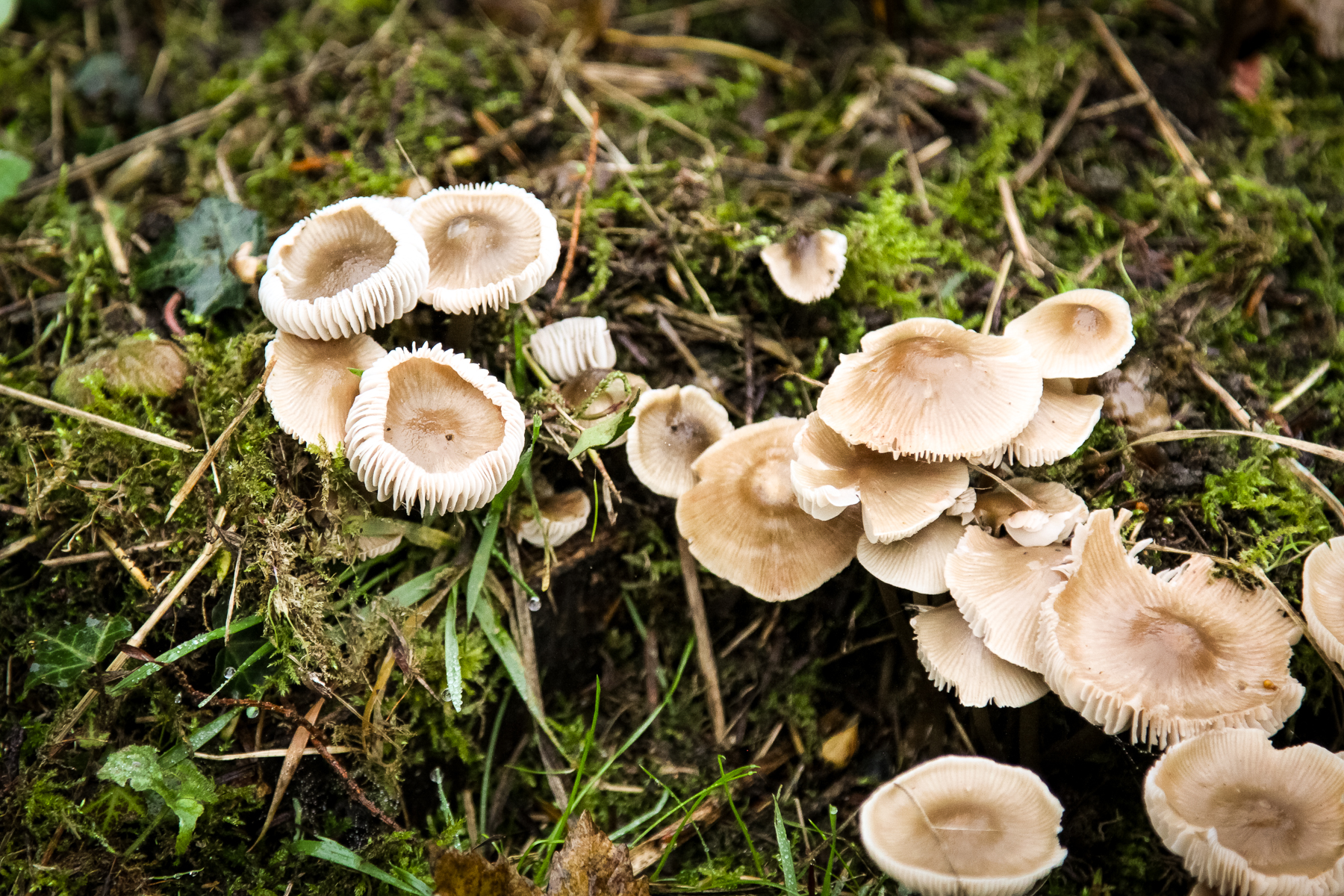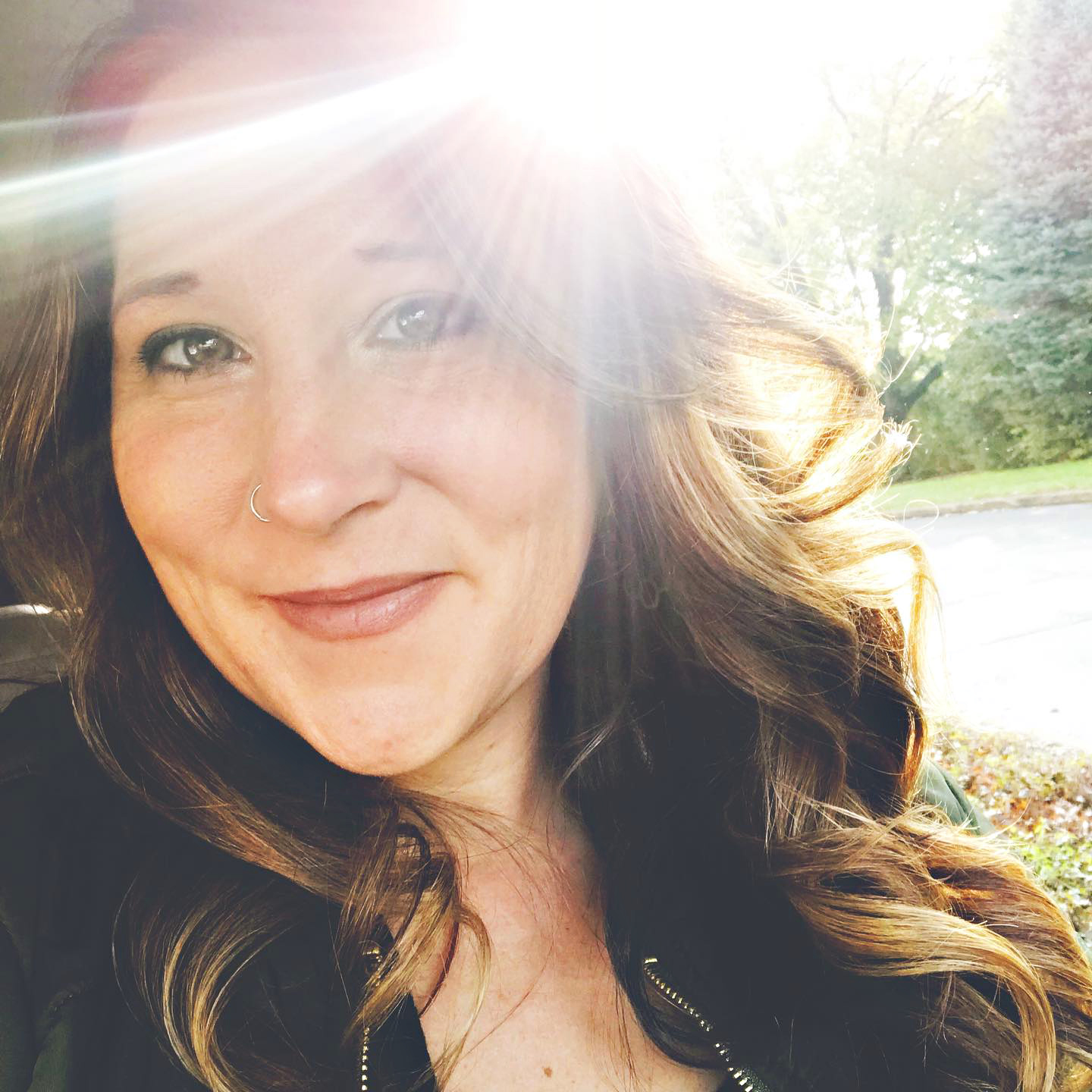My friend invites me to join her for Holy Yoga on Saturday mornings during the summer. I’ve resisted this sort of movement in the past, but things have shifted in my body, and I know that trading the more vigorous HIIT workouts I’ve done in the past, for the slower, more meditative movement of her Abiding Yoga class is the right choice this season. I don my leggings, gather my mat, and meet her up at her school-turned-church. We always begin in a sitting position of some kind, the position is ours to choose, what matters here is our comfort and a sense of rooting into the mat. Once positioned, we rest while she speaks Jesus’ words over us, and to us, while she blesses our bodies, and blesses us, simply for showing up (because if we’re honest, sometimes that’s the hardest part). The first few moments on the mat are a time of re-orientation and acclimation—a quieting of body, mind, and heart. An invitation to “be still and know.”
Some sessions I begin cross-legged on the mat, other times, I sit up as straight as I can, legs outstretched out in front of me. Some sessions this feels good, but other times, I wince in pain as my muscles resist cooperating. My friend offers up this paraphrase from The Message, “Anyone who tries to live by his own effort, independent of God, is doomed to failure. The person who lives in right relationship with God does it by embracing what God arranges for him. Doing things for God is the opposite of entering into what God does for you” (Galatians 3:10, 12).
The Word washes over me in a wave of comfort and conviction.
The phrase, “live by his own effort” turns in circles in my mind. Sitting there, legs outstretched, a montage of the many ways I have demonstrated such living plays inside my head. Lately, as I wrestle with this body, the phrase “we are our own worst enemy” has been on repeat in my mind. I slide down all the way flush with the mat, eyes to the ceiling, arms stretched wide into a cruciform position, it occurs to me that in this season in particular, while struggling with various autoimmune diseases, I known intimately what it means to be my own worst enemy.
It was early in the summer when the audiologist confirmed my suspicion of hearing loss. Her diagnosis was both a disappointment and a comfort. I left discouraged that what I had suspected, was actually true, but also grateful to have been believed and affirmed by a specialist. Walking out of her office in the rain that morning, I wept with relief at being believed and listened to, as I named something about my body that didn’t seem right. This is no small thing, as those of us who, for years perhaps, have experienced the disbelief and dismissal from those who have taken an oath to “do no harm.” Being dismissed is its own kind of injury.
My friend invites us into warrior pose but my back leg is uncooperative this morning and pain travels up from the joints of my toes, all the way into my hip as I try to align myself properly. I grimace and shorten my stance in an effort to relieve the pain. It doesn’t help. For a moment, I consider folding from warrior, down into child’s pose, but instead push through the pain to continue with her instructed motions. “Let your breath guide your movements,” she instructs. My friend reminds us that the breath in our lungs is the breath of God. I think of Paul’s words, “for in Him we live and move and have our being (Acts 17:28),” and I wonder what exactly this looks like—not only for healthy bodies—but also for those of us navigating bodies struggling with various ailments? What does it mean to be IN Christ, (Romans 8:1) and for Christ to be IN us (Galatians 2:20)?
My friend repeats the first line of that morning’s scripture, “Anyone who tries to live by his own effort, independent of God, is doomed to failure.” Where is the line between independence from God and dependance on God? I know I’ve crossed this line a thousand times in my life, but so often I don’t know it until I have stumbled over it—until some sort of pain pinches down in my soul and opens my eyes to my own willful insistence of living by my own means. Usually, it’s only when things have so desperately broken in, and around me, that I discover that I’ve been bootstrapping my walk with Jesus, rather than being in Christ.
My friend reminds us that we are not in a hurry on the mat. We let the Truth of His Presence in His Word being read over us and indwelling of His Spirit within our bodies guide our thoughts and movements. I hold my arms in cactus pose momentarily before the pain in my shoulders demands me to shift positions. Moving my hands to prayer pose, hands resting against my heart, I pause here. My whole body feels as if it’s been put together wrong. I imagine myself like one of Picasso’s women—everything angular and out of place.
Lab work from a recent doctor visit asks more questions than it answers. Referrals to specialists are made and more appointments follow. I spend hours combing through my medical history like an investigator trying to solve the puzzle that is this body. I read numerous articles around my various symptoms, drawing lines of invisible string between them—a web of all that is unknown. My research reminds me how complex our bodies are, and how even medical science with all of its advances, remains unable to diagnose and heal so many of our afflictions. In his letter to the church at Corinth, Paul wrote, “Don’t you know that your body is a temple of the Holy Spirit who is in you, who you have from God (1 Corinthians 3:18, CSB)?” That God dwells in us, with all of our various dysfunctions, is a wonder and a grace impossible to comprehend. That the God of all creation came in His own body, and now lives by the Spirit in these bodies, is a marvel.
How many other ways could God have come near to His people? That He calls us His body, knowing how battered and bruised we are, how frail and tender.
We end as we began, back down on the mat, close to the floor in surrender. We bless God for the nourishment of His Word, for the gift of His indwelling Spirit. We bless our bodies for the gift that they are—even in their obvious and hidden brokenness. We pause for a long while just breathing, letting every breath remind us that we live dependent on the God who dwells in us. I’m in no hurry to leave the mat. I listen as my friend reads the passage again, “The person who lives in right relationship with God does it by embracing what God arranges for him.”
Many of us will spend our lives struggling to embrace what things God has arranged for us. We puzzle over the lines between what God has arranged for us, and what God has allowed for us. These are the tall weeds of deep theological discussions that can wind us around our elbow, only to leave us with more questions than answers. When the mystery confounds me here, I remember that the Spirit dwells in this broken body, and that Truth is only understood in the posture of dependance, of rooting down into the heart of God—come what may. I think about what it looks like to embrace what God has arranged for me—not to endure it, but to really embrace it. To live with this body as it is. To love this body, even in its uncooperative state. To remember that God knew about our frailty and came to us anyway—as one of us—as if to confirm that despite the fall, these bodies are good.
On the mat in the church-gym, I show up with my visible and invisible aches, with my soul-groans, and I re-learn to surrender—not just to the seemingly slow movement of the Spirit, but to the slowing down of my own breath, and the tender movements of a body that I’m not sure how to trust anymore. And with every humbling movement, I marvel that it’s in broken bodies like mine that God makes His home. Of all of the places for God to dwell, He chooses people. He chooses us. In Him, we live and move and have our being (Acts 17:28, CSB). ![]()
The featured image, “Cotswold Mushrooms,” is courtesy of Lancia E. Smith and is used with her glad permission for Cultivating.
As a sequin-wearing, homeschooling mother of four, Kris is passionate about Jesus, people and words. Her heart beats to share the glorious truth about life in Christ. She’s been known to take gratuitous pictures of her culinary creations, causing mouths to water all across Instagram. Serving as an advocate for Compassion International, Kris is Managing Editor of The Cultivating Table for Cultivating. She is the author of, Come, Lord Jesus: The Weight of Waiting and Holey, Wholly, Holy: A Lenten Journey of Refinement, and Everything is Yours. Kris is the founder and host of Refine {the retreat}. She writes at kriscamealy.com.
Leave a Reply
A Field Guide to Cultivating ~ Essentials to Cultivating a Whole Life, Rooted in Christ, and Flourishing in Fellowship
Enjoy our gift to you as our Welcome to Cultivating! Discover the purpose of The Cultivating Project, and how you might find a "What, you too?" experience here with this fellowship of makers!


Add a comment
0 Comments